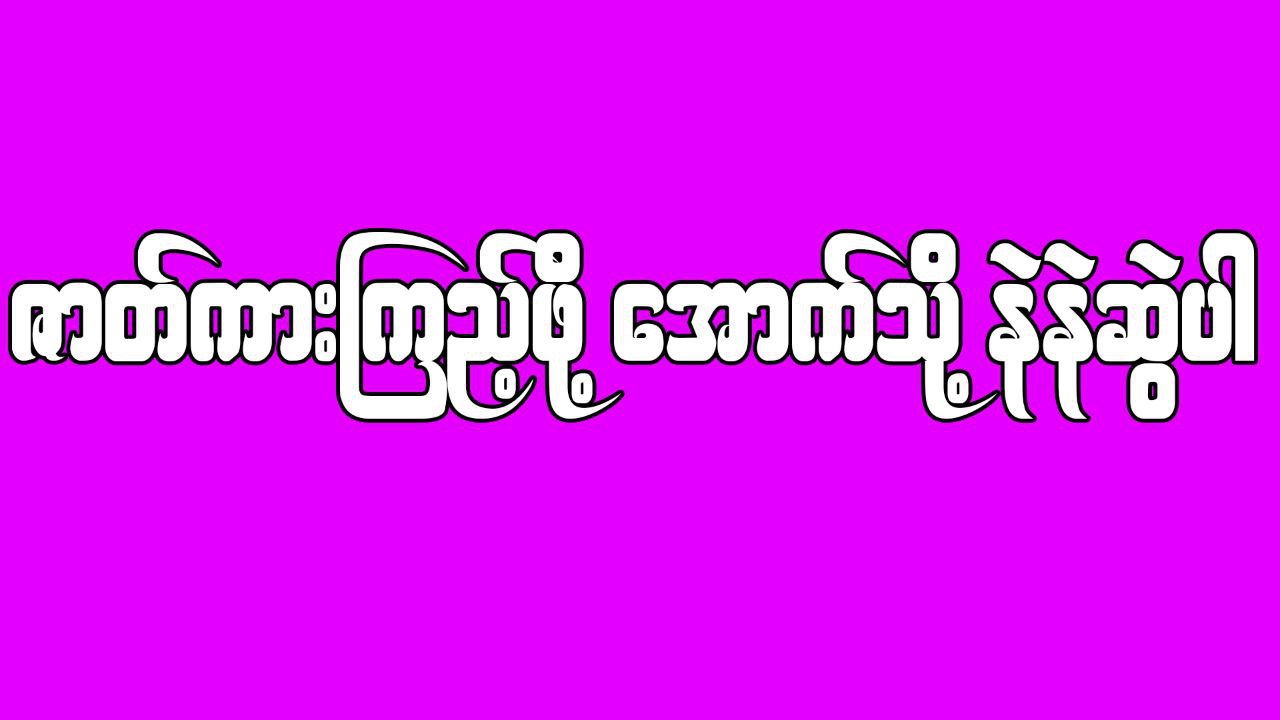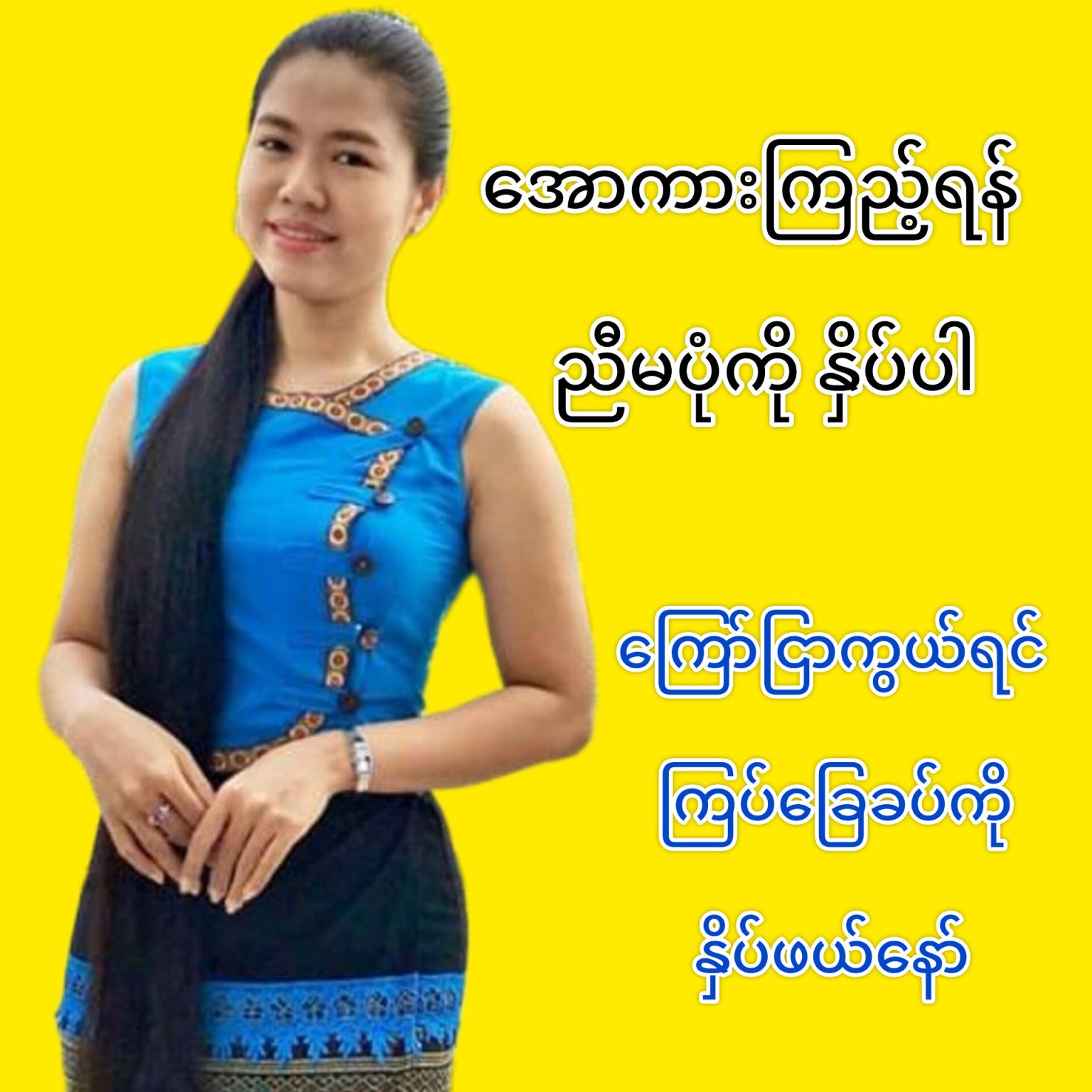In an exciting development for digital finance, Deutsche Bundesbank has joined Singapore’s Project Guardian, a pioneering initiative aimed at accelerating the adoption of asset tokenization. This partnership between Germany’s central bank and Singapore’s Monetary Authority underscores a growing commitment to integrating blockchain technology within traditional financial systems. The move represents a powerful step forward for both countries as they explore the potential of tokenized assets in enhancing cross-border financial transactions and making the global economy more efficient.

What is Project Guardian?
Project Guardian, spearheaded by Singapore’s Monetary Authority, is an experimental program designed to explore and advance the tokenization of financial assets. Asset tokenization refers to converting real-world assets—such as bonds, equities, or real estate—into digital tokens on a blockchain. This process enables easier trading, more transparent ownership, and more efficient asset transfers, potentially reshaping global markets.
With Project Guardian, Singapore has positioned itself as a leading player in this emerging field. The project’s primary goals include improving the financial ecosystem through enhanced security, faster settlement times, and reduced costs. By leveraging blockchain technology, Project Guardian seeks to increase financial inclusivity, make global markets more accessible, and reduce traditional market barriers.
Why is Deutsche Bundesbank Joining the Initiative?
As one of Europe’s largest and most influential financial institutions, Deutsche Bundesbank’s participation in Project Guardian is a significant endorsement of asset tokenization’s transformative potential. By joining the initiative, Deutsche Bundesbank aims to assess how tokenized assets could operate within a regulated European framework, focusing on the potential efficiencies blockchain technology could bring to financial markets, including enhanced transparency and more rapid transactions.
Germany has been proactive in exploring digital finance and blockchain technology, with policies already supporting the digitalization of securities. The Bundesbank’s involvement in Project Guardian builds on this foundation, giving German institutions a chance to gain practical insights into cross-border digital assets and their application in real-world financial ecosystems. This partnership also highlights Germany’s openness to international cooperation on cutting-edge financial innovation, bridging the gap between traditional banking systems and the evolving digital finance landscape.
Benefits of Asset Tokenization in Global Finance
Asset tokenization could revolutionize global finance in several key ways:
- Enhanced Liquidity: Tokenizing assets can improve liquidity by breaking down high-value assets into smaller units, making them more accessible to a broader range of investors. For example, tokenizing real estate can allow more people to invest in property, traditionally a high-barrier asset class.
- Faster Settlements: With blockchain technology, transactions can be settled almost instantaneously, significantly reducing the time and cost associated with clearing and settling traditional financial trades.
- Greater Transparency and Security: Asset tokenization on a blockchain offers increased transparency, as transaction records are immutable and publicly accessible. This transparency reduces the risk of fraud and increases trust among investors.
- Access to Global Markets: Tokenized assets are borderless by nature, potentially allowing for easier cross-border investments and enabling individuals worldwide to participate in markets previously restricted by geography.
The Role of Central Banks in Tokenization

Central banks like Deutsche Bundesbank play a crucial role in ensuring that tokenized assets are secure, regulated, and beneficial for the economy. Their participation in tokenization projects like Project Guardian shows that traditional financial institutions are willing to explore blockchain technology’s advantages while ensuring stability and regulatory oversight.
In the context of Project Guardian, the Bundesbank’s role includes testing and analyzing how asset tokenization can coexist with existing financial regulations. Their involvement could pave the way for European regulations that support tokenized assets, creating a framework for other banks and financial institutions to follow.
What’s Next for the Partnership?
With Deutsche Bundesbank now part of Project Guardian, the collaboration is expected to yield valuable insights into how blockchain can be integrated into global finance. Upcoming phases of the project will likely focus on live trials of tokenized assets within a secure and regulated environment. These trials may include tokenized versions of traditional assets like government bonds or corporate debt, exploring how they can operate in a digitized form and how effective blockchain technology can be in real-world financial markets.
The partnership also raises questions about the future of central bank digital currencies (CBDCs). As tokenized assets become more commonplace, the infrastructure supporting digital assets will need to evolve, likely influencing how CBDCs are developed and managed in the coming years. Deutsche Bundesbank’s involvement may ultimately contribute to shaping policies and frameworks that could guide Europe’s approach to both tokenized assets and digital currencies.
The Bigger Picture: Global Momentum Toward Digital Finance
Deutsche Bundesbank’s involvement in Project Guardian is part of a broader trend in which major financial institutions and governments are increasingly open to exploring digital finance solutions. Countries worldwide are exploring asset tokenization, blockchain, and digital currency as ways to create more efficient financial systems. As more central banks and financial institutions engage in such projects, the potential for blockchain technology to redefine financial markets grows stronger.
This collaboration also reflects a deepening relationship between Asia and Europe on digital finance matters. By sharing insights, best practices, and technological advancements, both regions can work towards creating interoperable systems that enhance global financial inclusion and stability.
Conclusion
The partnership between Deutsche Bundesbank and Singapore’s Project Guardian marks an exciting chapter in the journey toward asset tokenization and blockchain innovation. With the support of Germany’s central bank, Project Guardian has gained a reputable ally in its mission to explore new ways to tokenize and trade assets securely and efficiently. This collaboration underscores the transformative potential of blockchain technology in global finance and serves as a model for international cooperation in the digital finance landscape.
As Deutsche Bundesbank and Project Guardian push forward with their initiatives, the insights gained from this collaboration will be invaluable in building a secure, efficient, and inclusive financial future powered by blockchain technology.
